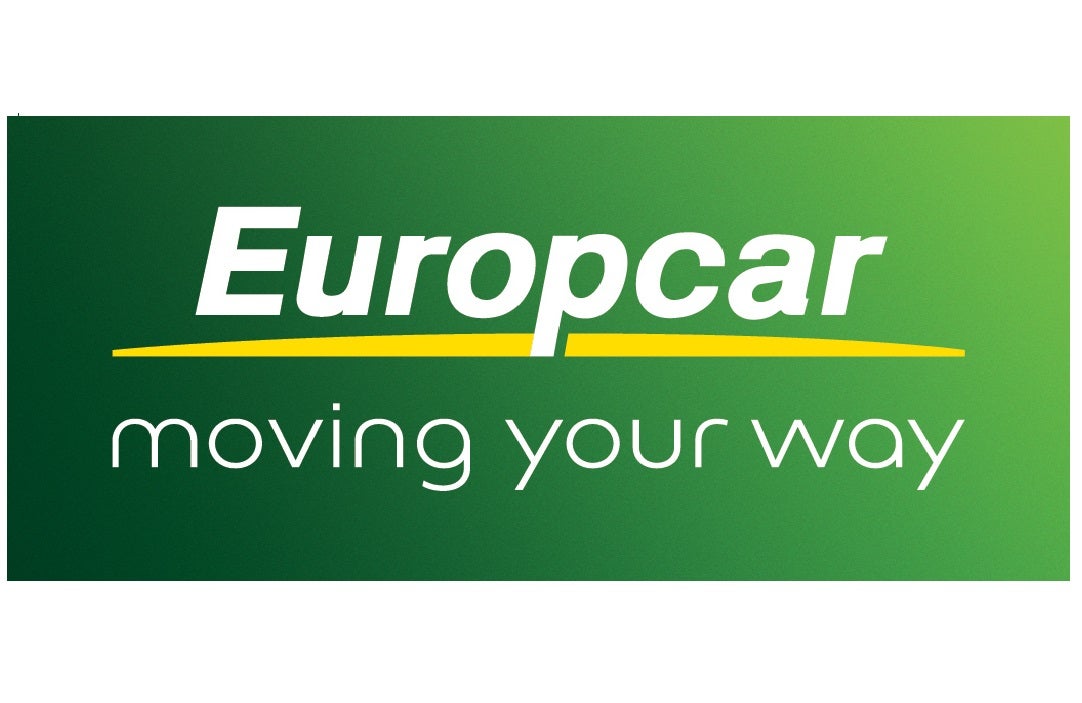
Reports stretching back to the middle of last year that Volkswagen was interested in acquiring French car rental firm Europcar seem to have been proved correct with news that a consortium, including VW, is about to submit an offer worth US$3 billion to the rental firm’s shareholders.
On the surface, such a move in the depth of a pandemic when the car rental sector has taken a considerable hit (last year Hertz’s US subsidiary filed for Chapter 11 protection let’s not forget) due to leisure and business travel being severely curtailed would appear risky.

Discover B2B Marketing That Performs
Combine business intelligence and editorial excellence to reach engaged professionals across 36 leading media platforms.
But car rental companies are clearly distressed assets at this moment in time and that equals opportunity as the assets are available below normal market value. Since the start of the pandemic, Europcar’s share price had more than halved before the recent price rally induced by the speculation around VW’s bid. Also, travel will return to some degree of normality in the future and the rental car business will have a rosier outlook.

Most important, however, are the long-term trends in the automotive sector towards changes in personal mobility and electrification.
For a vehicle manufacturing company, there is always the obvious attraction in such an acquisition of having a ready-made captive customer with a huge fleet to supply with vehicles. Indeed, for a number of years GM held a significant stake in Avis. Before then, between 1926 and 1953, it owned Hertz rental cars, with its rival Ford assuming ownership of Hertz between 1987 and 2005. VW itself owned Europcar between 1999 and 2005. On each occasion the aforementioned companies sold their rental businesses to concentrate on their vehicle making business; the auto sector’s equivalent of the politician’s get out of jail quick card of ‘spending more time with the family’.
These days a fair question for OEMs is what constitutes ‘family’. The business is morphing at a rapid pace. Most of the major OEMs no longer want to be seen as just automakers, they are all busy repositioning as mobility companies. They are hungry to take consumers’ money at every mobility step. That’s whether it is car sharing, ride hailing, subscription services or, dare I say it, the old-fashioned approach of taking a consumers’ money at the dealership through straightforward ownership. Europcar’s infrastructure could prove invaluable in the rollout of future mobility services. For example, VW may see possibilities for future synergies with well situated Europcar rental stations – which could serve ride-hail fleets. If autonomous cars make it to market in geo-fenced city centers and airports and major highway corridors, Europcar stations might become very attractive bases, perfectly positioned. That is a very long way out, but VW may see other possibilities for Europcar assets and the brand that could sit well with VW in the medium-term, too.
There are other attractive elements to owning a car rental business for an automaker. There is also the daily-rental channel tool. An OEM can manage the fleet for wider company needs at the retail end of the business, managing the flow of vehicles out of the rental fleet and onto the used car market, impacting residuals and the attractiveness of the new car offering. Residual value management is especially beneficial to an OEMs’ captive finance arm and the boost to a balance sheet astute management of residuals can have. Equally, it’s a channel available to shift products when there is a need (inventory management, or to move volume for a model-line on run-out, say).
Also, in this day and age, it is an effective lever to pull when an OEM has one eye on fleet CO2 emissions, and the judicious release of low emissions vehicles into the fleet will have bottom line benefits. Equally, a substantive rental fleet can be utilized as a test bed for electric vehicle technologies, real world ADAS and connected car data gathering.
In this schema, owning – or having a significant interest in a car rental company – is a natural evolution of OEMs becoming more vertically integrated downstream. As ever, aside from the previous rental car escapades of GM, Ford and VW, we have also been here before in the auto industry. Back at the tail-end of the 1990s and the start of the early 2000s, Ford’s CEO of the time, Jac Nasser, instituted a cradle-to-grave strategy which saw Ford acquire a host of downstream businesses to gain access to lifetime vehicle revenues. When Nasser was unseated as CEO, the various holdings were unwound in order for Ford to concentrate on its core or ‘family’.
All-in-all a car rental company is not a bad tool to have in the armoury and it has not been a bad tool in the past either. VW’s proposed new foray into the car rental sector looks very much like a case of back to the future.




